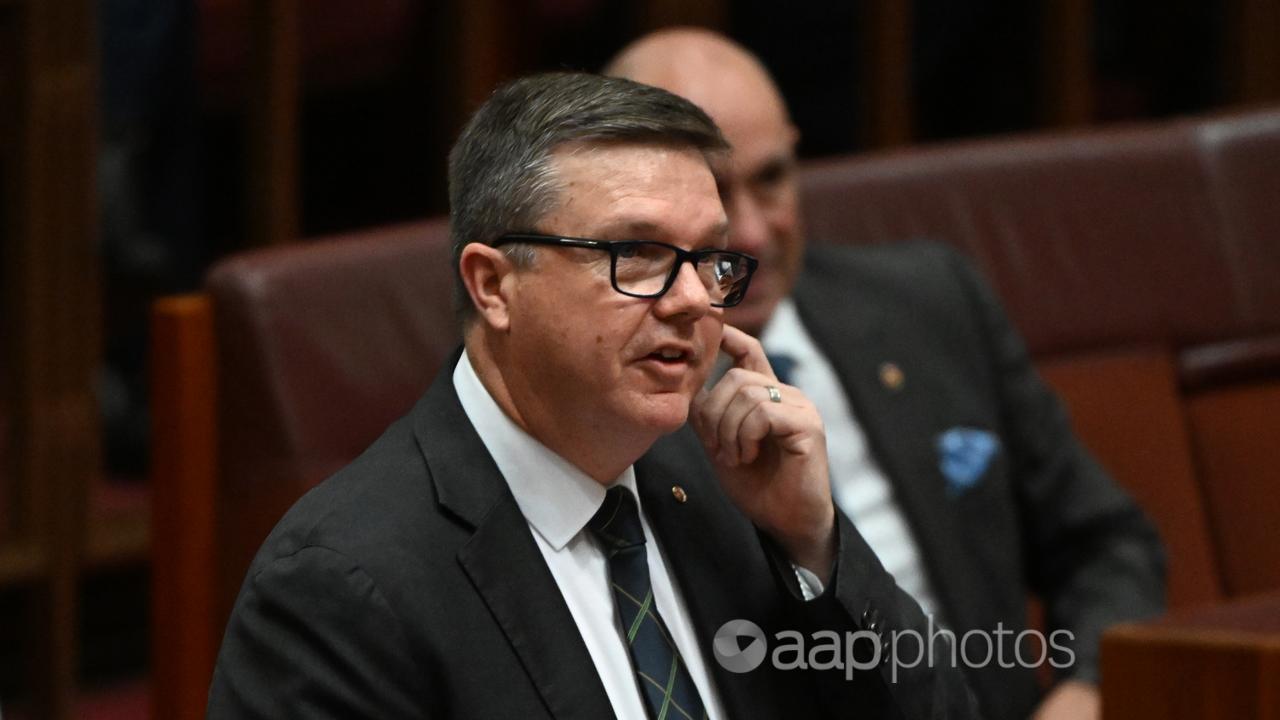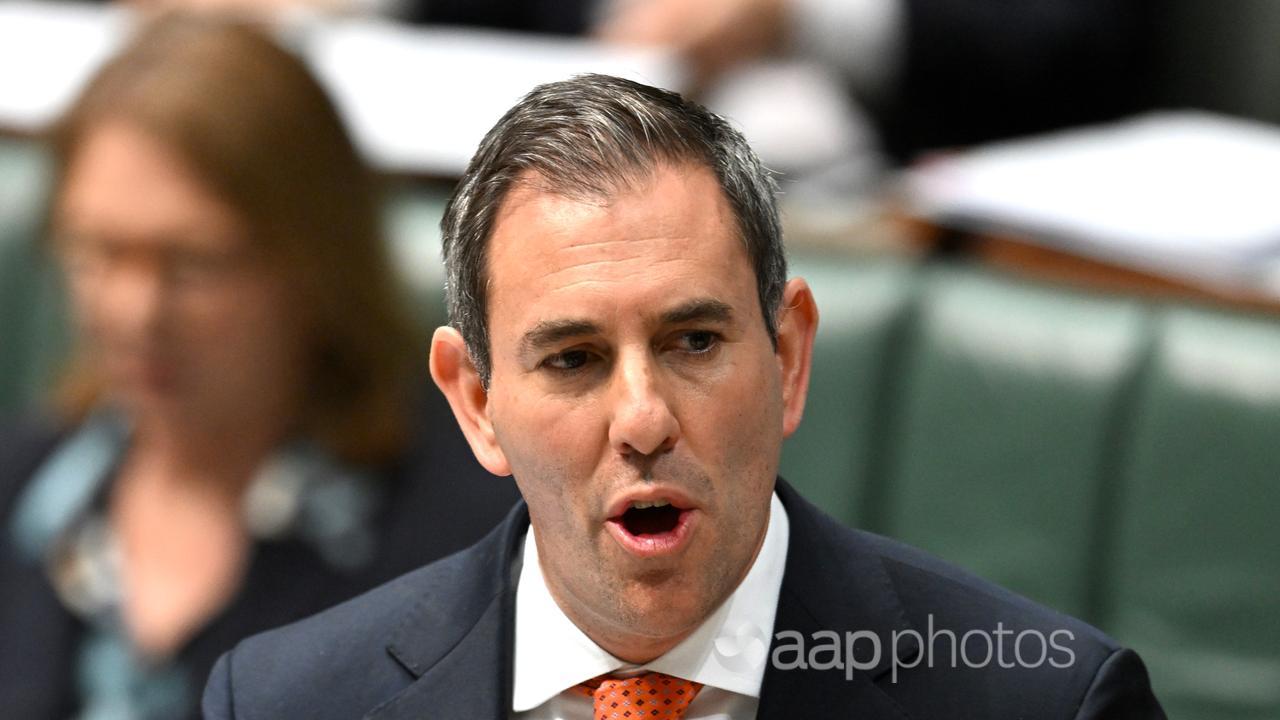Amazon and Bunnings are among big corporations to be put in the spotlight over their treatment of suppliers, amid a renewed focus on competition as Australians struggle with the cost of living.
Senior executives from the chains have been recalled to appear before a Senate inquiry that examined supermarkets to increase competition and reduce prices at the checkout.
Bunnings will need to explain why it should not be covered by the industry’s code of conduct, given it sells increasingly more grocery type items.

“We’re looking anti-competition, at pressure and influence on suppliers and treatment of smaller guys,” Nationals senator Ross Cadell, who sits on the committee, told AAP.
“They sent some PR spinners to the inquiry instead of people with answers, so we want to see where that leads.”
There was no date for the hearing but it would be held before Christmas, he said.
Bunnings said it would work constructively with the inquiry.
“Including to provide insight into our focus on delivering value to customers through lowest prices,” a spokesman told AAP in a statement.
“We have deep connections with communities through our many local partnerships and initiatives and our employment of more than 50,000 people across Australia.”
Senator Cadell has written to Amazon and Chemist Warehouse, requesting they appear before the inquiry.
Amazon and Chemist Warehouse have been contacted for comment.
The government announced a mandatory code of conduct for how supermarkets treat suppliers, with fines of up to $10 million for breaches but Bunnings argued it should not be covered because of the broad range of non-grocery items it sells.
Nursery goods suppliers previously told the committee of pressures put on them by Bunnings to sell plants below cost price, with an underlying fear of retribution if they did not comply.
The federal government is also working to tackle competition policy as prices soar, releasing a consultation paper to hear from consumers about how it should tackle the issue.
Healthy competition improved small businesses by levelling the playing field, the paper said.
This was crucial for the 2.5 million small operators that made up 97 per cent of Australian businesses, it said.
The 1995 principles resulted in an agreement from governments not to restrict competition by introducing new laws and cutting red tape, including removing restrictions on trading hours.

Energy and gas markets were opened to competition in most states and territories to help small businesses shop around for better deals and lower prices.
But the economy had changed over three decades and the principles needed to be fit for purpose, Treasurer Jim Chalmers said.
The government was developing a new framework to respond to “new players, new markets and new disruptions of the modern world”, he said.
The paper will inform a 10-year competition reform agenda and look at the best way to remove unnecessary and rigid barriers.
The consultation process is open until September 23.




















